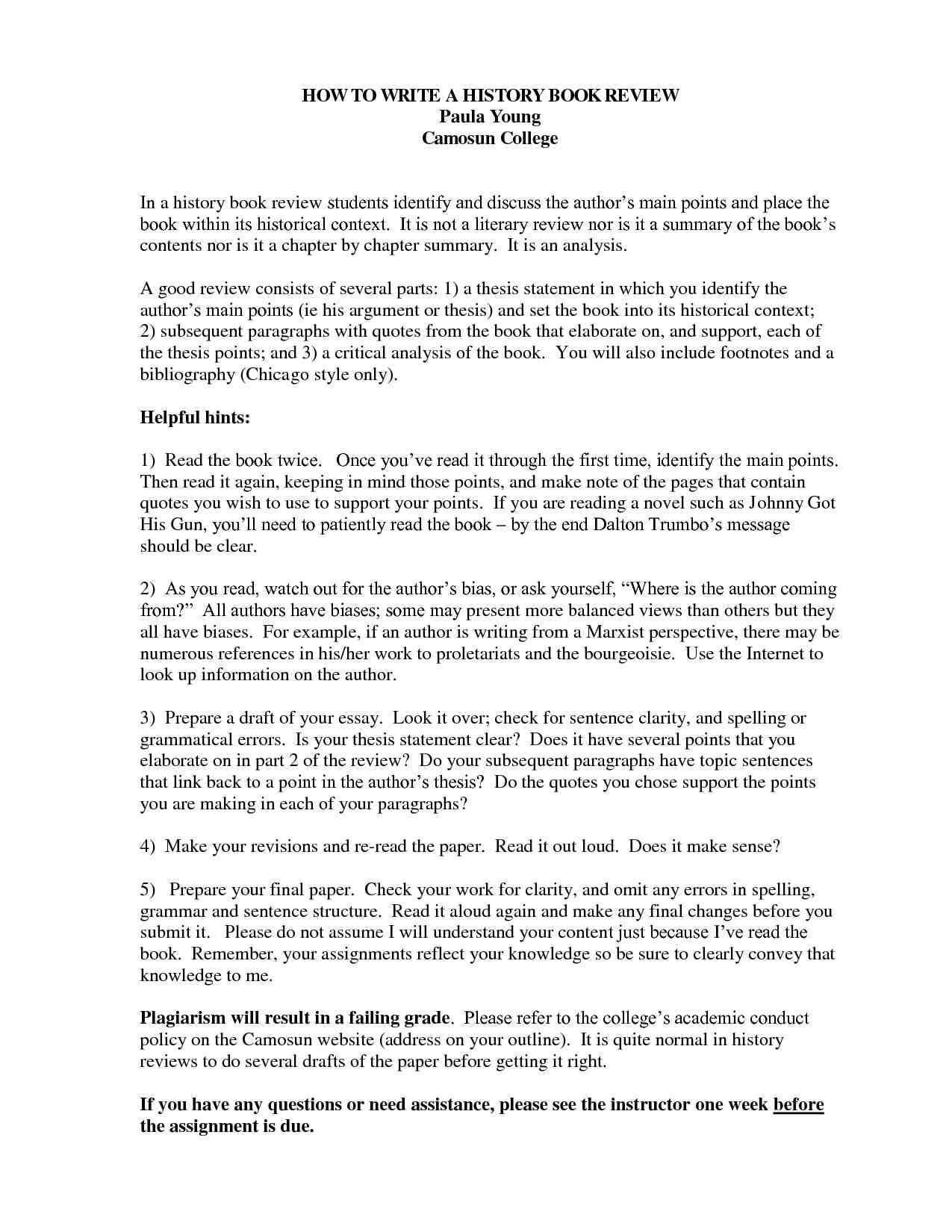Title: "The Structure of Scientific Revolutions" by Thomas S. Kuhn
In his groundbreaking work "The Structure of Scientific Revolutions," Thomas S. Kuhn challenges the traditional view of scientific progress as a linear and cumulative process. Kuhn argues that scientific revolutions occur when a dominant paradigm is overthrown by a new and revolutionary one, leading to a paradigm shift in scientific thinking.
Kuhn's main thesis is that scientific progress is not a steady accumulation of knowledge, but rather a series of revolutions that completely reshape our understanding of the world. He introduces the concept of "paradigm shifts," which are sudden and profound changes in scientific thought that occur when anomalies and contradictions within the dominant paradigm become too great to ignore.
One of the key strengths of Kuhn's work is his emphasis on the role of social and cultural factors in shaping scientific progress. He argues that scientific communities are not solely guided by objective evidence and rationality, but are also influenced by social norms, power dynamics, and personal biases. This perspective challenges the idea of science as a purely objective and neutral pursuit, and highlights the importance of understanding the human element in scientific discovery.
Despite its groundbreaking insights, "The Structure of Scientific Revolutions" has faced criticism for its relativistic view of scientific truth and its emphasis on the subjective nature of scientific progress. Some scholars argue that Kuhn's concept of paradigm shifts is too radical and undermines the idea of scientific objectivity.
Overall, "The Structure of Scientific Revolutions" is a thought-provoking and influential work that has had a lasting impact on the philosophy of science. Kuhn's ideas have sparked important debates about the nature of scientific progress and the role of social factors in shaping scientific knowledge. Whether one agrees with Kuhn's conclusions or not, his work remains essential reading for anyone interested in the history and philosophy of science.

